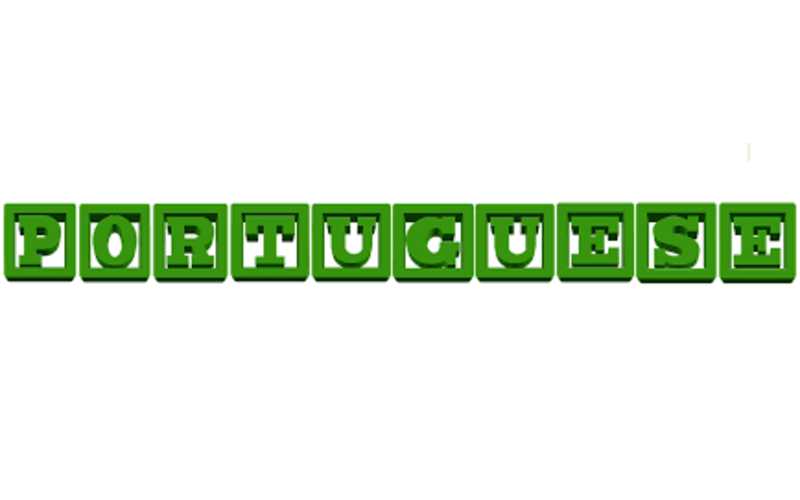Brazilian culture is so closely associated with Portuguese language that Brazilians are sometimes called “Portuguese”, and the country itself is often referred as a prolongation of Portugal. Recently, it has asserted its national language (Portuguese), but it can still be said that some Brazilian expressions have their roots in the language of Camões. But, why learn Portuguese?
Why Learn Portuguese? What are the main reasons to learn the language?
First of all, because there are more speakers than Spanish. In fact, in 2000 Spanish was the second most spoken language on Earth and today it is only the third. That’s due to the fact that Spanish evolved from Latin which has been dead as a spoken language for almost for 17 centuries. Portuguese, on the other hand, has evolved from Latin but it also preserved its relation with many of the European languages (Italian, French…).
Second of all because learning Brazilian or European Portuguese will give you an easier access to learn Spanish and Italian. In fact, there are many similarities between Portuguese and Spanish, so that’s why many Brazilians study both languages together. Plus, Portuguese is a very rich language since it has maintained an important relation with the Germanic Languages (English, German…), which have influenced the way of pronunciation.
Thirdly because of its beauty. Yes, Brazilian Portuguese has a distinctive rhythm, some words that can’t be found in Spanish, it sounds different. And finally, if you go to Brazil or Portugal you will have a huge advantage since Portuguese is the primary language of both countries.
Top Reasons to learn Portuguese
Here’s a list of reasons why it would worth your time to learn it.
1. You will need intermediate (at least) Portuguese if you want to apply for Portuguese Citizenship.
2. It is a beautiful language, many words are not found in Spanish.
3. You’ll enjoy the rhythm of the language, of its pronunciation.
4. Brazilian Portuguese can be learned just like Spanish: by reading and writing.
5. You need to speak Portuguese as a foreign language (it is not a dialect of Spanish) in order to get access to many other Latin-based languages.
6. You will be able to speak the native language of the following countries: Angola, Brazil, Cape Verde, East Timor, Guinea Bissau, Macau, Mozambique, Portugal, & São Tomé and Príncipe.
Changing your Language Habits
Yet, learning Portuguese means changing some habits you have with the language. In fact, Brazilian Portuguese has some words and expressions that in Spain are not used. So, you should learn the differences between both variants of the language.
For example the word “não”. It is pronounced as a consonant N (like k) when it comes before an A or O.
Ex: não+a = na (doesn’t exist)
Ex: não+o = no
When the N is followed by an E or an I, it becomes a nasal vowel in Portuguese and then it is pronounced as a simple consonant.<br>
Ex: Não + e ou i = nã
Ex: Não + o que (aquel) = no que (the thing that)
Also, there is another letter called TCH in Portuguese which was not mentioned in Spanish lessons. This letter seems to be a mixture of the letters CH and D. It is pronounced as the former before A, O and U but it is pronounced sharp only after E e I.
Ex: tchau = cha/oo.
Also in Portuguese there are two different ways to be polite with someone. One is “por favor” which means literally “by your favor” and the other is “obrigado” which stands for “obliged”. <br>
Ex: Por favor = literally by your favor
Ex: Obrigado ob-ree-GAHD-ou
Ex: Obrigada ´ooh-bree-gaad-ah
The preposition “de” is also changed. It is used in Portuguese but it has a special use since instead of saying “from” to indicate from where something comes or is made, the Portuguese say “for”<br>
Ex: I’m American = Eu sou americano
Ex: I have an American friend = eu tenho um amigo americano
Ex: De+America = America
Also, Brazilian Portuguese is pronounced differently from Spanish. Many letters change their pronunciation in the mouth of a Brazilian or a person who speaks Portuguese as his first language. This happens with the letter S since it can be pronounced either strong”S” or a soft “s”.
If you are looking to learn Portuguese in an easy way through an app on your phone then you might like to read my Duolingo Portuguese review.


